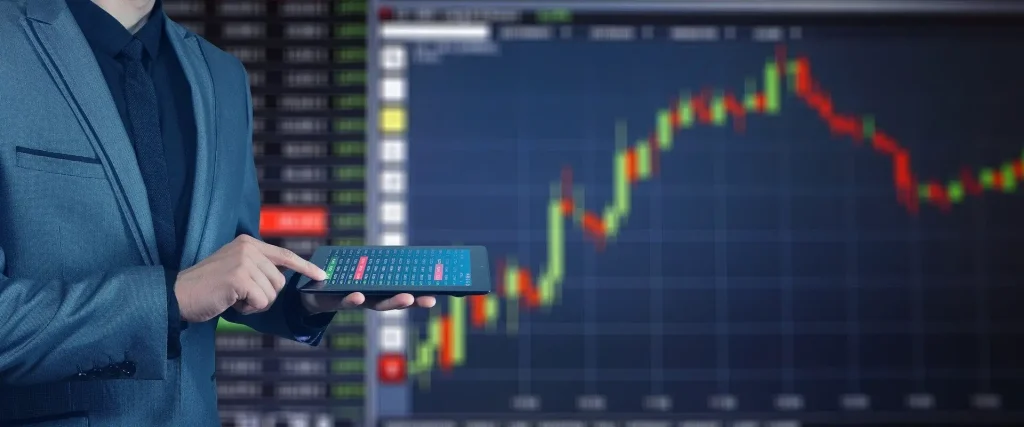“The key and anchor of our economic course, as a result of which the European Commission, rating agencies and international financial institutions have increasing confidence in our policy, is accession to the euro area. Further guidance for our entry, which we expect in June and membership in the euro area on 1 January 2023, gives credibility to everything we are doing. People who deal with this matter in greater detail know what it means for the economy and stability. They see this driver of the Croatian economy as the most important one,” Plenković told press.
“Croatia has been given the best investment rating in its history. We never had a BBB rating and a positive outlook. This indicates what that agency assesses, following what is going on with our fiscal policy.”
A decision on Croatia’s euro area entry is expected next June. A positive decision will “automatically signal” to agencies that Croatia will be even more predictable, more stable, and economically and financially even stronger, he said.
Fitch’s upgrade and the European Commission’s significant revision upwards of Croatia’s growth forecast earlier this week are not important just for borrowing on the domestic and foreign financial markets, Plenković said, adding that this kind of “credentials” and legitimacy help SMEs, banks, citizens and the whole system.
Croatia’s achieving the highest credit rating in its history, despite a number of negative circumstances, shows that the government knows where it is going and what is good for Croatia, he said.
He said that in the process of achieving its goal to enter the euro area, Croatia found itself in challenging and extremely risky circumstances, including entering the European Exchange Rate Mechanism in July 2020, just five days after a parliamentary election, which he said showed a high level of trust in Croatia.
Another important element is the stability of public finances, he said, recalling that Croatia had a budget surplus before the outbreak of the pandemic and that, had there been no pandemic, Croatia’s public debt would have been below 60% of GDP.
Because of the COVID crisis and last year’s GDP fall, several steps back were made, but this year already Croatia has returned to the previous public debt reduction course, Plenković said.
He highlighted growths in industrial production, commodity exports, construction and tourism, as well as the abundant EU funds Croatia will have at its disposal in this decade.
He said political stability was very important, as recognised by Fitch, adding that it was the fundamental prerequisite for any economic progress.
Plenković also underlined the importance of COVID vaccination “because it’s closely related to the economy and finances.”
He went on to say that during his government the relevant agencies have upgraded Croatia’s credit rating six times – Fitch three, Standard & Poor’s twice and Moody’s once.
Asked why Moody’s was the only one keeping Croatia’s rating in the non-investmen zone, Plenković said every agency had its own approach and that Moody’s last rating occurred exactly a year ago. “We hope they will follow what the other agencies are saying.”
Fitch yesterday revised its forecast of Croatia’s GDP growth this year from 5.5% to 8.9% and the European Commission revised it earlier this week from 5.4% to 8.1%.
Plenković recalled that the Croatian National Bank put the forecast at 8.5%. “If there is verified confirmation of the catchphrase ‘let’s underpromise and overdeliver’, then it was fully confirmed from several competent instances.”
He said the Commission’s and Fitch’s forecasts for this summer’s tourist season were above those of the government.
If the season’s results are at about 80% of the record year 2019, he said, it means the government and all other actors made a step forward given the pandemic and the related restrictions. This was confirmed by Euronews reports about Croatia as the country with the best tourism results in the Mediterranean, he added.
For more on business, follow TCN’s dedicated page.
For more about Croatia, CLICK HERE.










